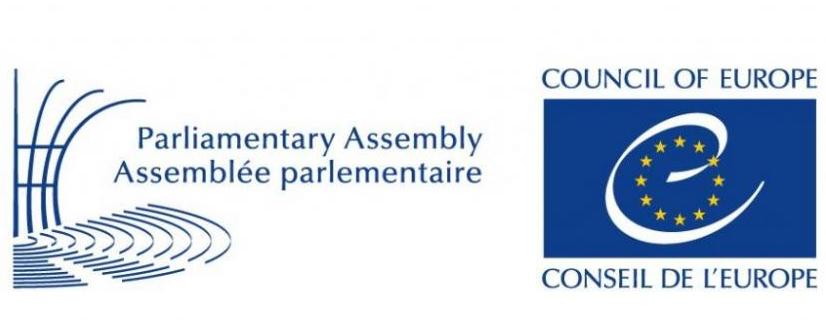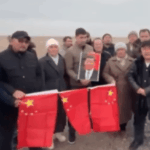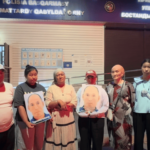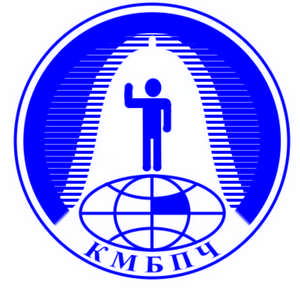The recent PACE’s resolution on Kazakhstan shows that Europe is shifting its position towards strengthening strategic ties rather than improving rights.
On 30 September 2025, the European Parliament reiterated its commitment to promote the values of democracy and human rights. Since the war in Ukraine, the European Union recalled its commitment toward Kazakhstan to promote peace in Europe-Asia, as it referred to the European Resolutions 1506 and 1526 and the 2004 Co-operation Agreement between the European Assembly and the Kazakh Parliament.
Therefore, the Assembly encourages the Parliament of Kazakhstan to strengthen its connection with the Council of Europe, to participate more in the European legal space and the Assembly and its committees. As the European Parliament argues, «the Organisation has increasingly pursued enhanced engagement with neighbouring countries, and Kazakhstan has emerged as a notable partner in this context». It is clear now that the European Union wants to strengthen its ties with Kazakhstan, and in that way they highlight every human rights progress in the country more than criticize what doesn’t work: «…recent reforms reflect a significant rhetorical and legal shift toward democratic governance».
Even though this willing, the Assembly still urges the authorities of Kazakhstan to acknowledge the importance of freedom of speech, independent media, political pluralism, and independent justice. It asked for protection over women and children against violence, and to ensure full accountability for past human rights violations «as of the event of January 2022».
However, the most unpleasant moments for Akorda were included in the adopted amendments to the resolution.
” the Assembly deplores credible reports that Kazakhstan has recently acquired and deployed commercial-scale internet censorship and surveillance infrastructure from China, severely restricting free expression and digital rights.
The Assembly demanded releasing 39 political prisoners, individuals targeted for their involvement in peaceful protests, civil society and anti-corruption activities, social media publications, or their support of peaceful opposition movements; fulfilling obligations to ensure freedom of political association and to stop the domestic and transnational persecution of representatives of the peaceful political opposition movements “Democratic Choice of Kazakhstan”, “Koshe Partiyasy” and “Alga Kazakhstan”.
“The Assembly expresses grave concern at the Ministry of Justice’s persistent refusal to register the peaceful opposition party “Alga Kazakhstan” for the twenty-fifth time and condemns the criminalisation of fundraising for opposition campaigns and the weaponisation of financial and anti-money laundering measures to restrict critics’ access to essential services and employment.
At last, the Assembly further condemns the absence of an independent investigation into the transnational assassination of opposition journalist and political refugee Aidos Sadykov, as well as the violent crackdown on protesters in January 2022, the unclear role of external intervention following the request by President Tokayev to President Putin and the subsequent order to shoot without warning..”
Kazakhstan is the largest landlocked country, surrounded by Russia, China, Uzbekistan, Kyrgyzstan and Turkmenistan. Therefore, the country is a significant player in the global energy market and has become the largest economy in Central Asia. The political system is defined as a presidential republic with a bicameral legislature. The lower chamber (Mazhilis) is elected by popular vote, while the Senate is elected by regional legislatures.
Since gaining independence from the Soviet Union in 1991, Kazakhstan has modernized its policies, particularly with Tokayev’s reforms in 2019.The political developments in Kazakhstan are also due to a broader agenda called “Fair Kazakhstan”, the Constitutional Amendments of 2022 that abolished the president’s privileges and highlights rights and duties of the Commissioner for Human Rights, and three documents that set out human rights protection: National Human Rights Action Plan, the Plan on Human Rights and the Rule of Law, and the Presidential Action Plan.
Nevertheless, the citizen societies are a bit conflicted about the reforms. According to them, «true democratisation requires more than legal amendments». They complain that the electoral system remains managed, and justice could “be influenced in political cases, [for instance] in the January”.
Also, some topics stay burning issues. For example, one reform places the torture under the exclusive authority of the prosecutor’s office and mandates video surveillance, but still torture exists.

















